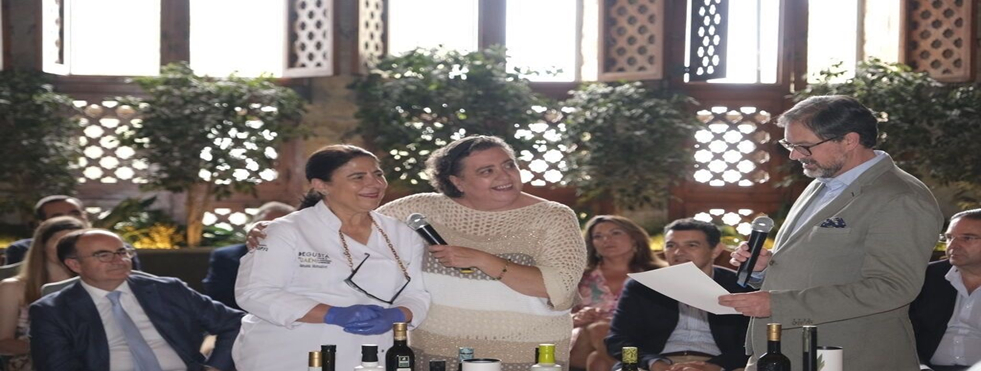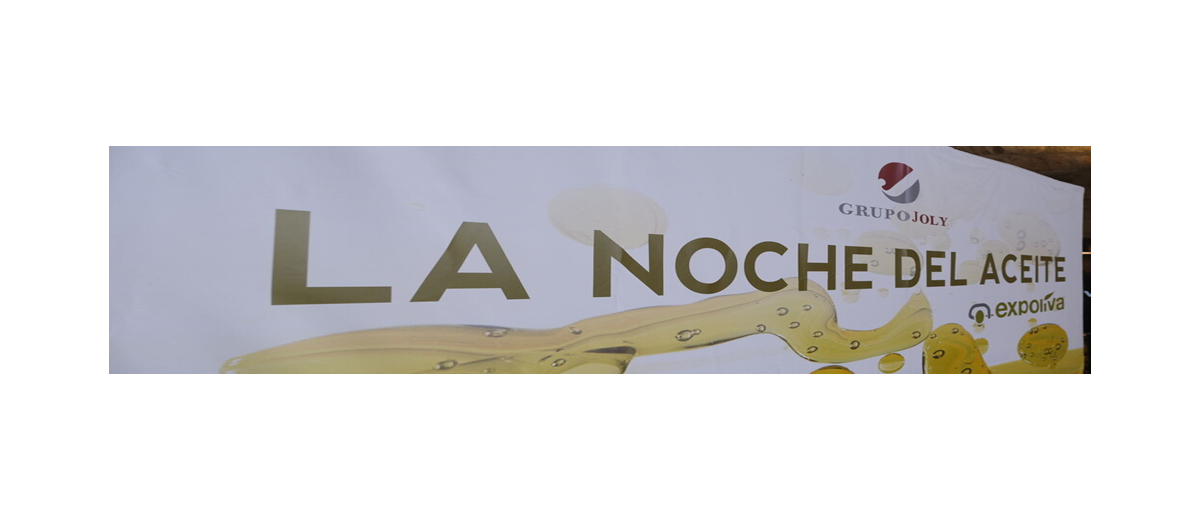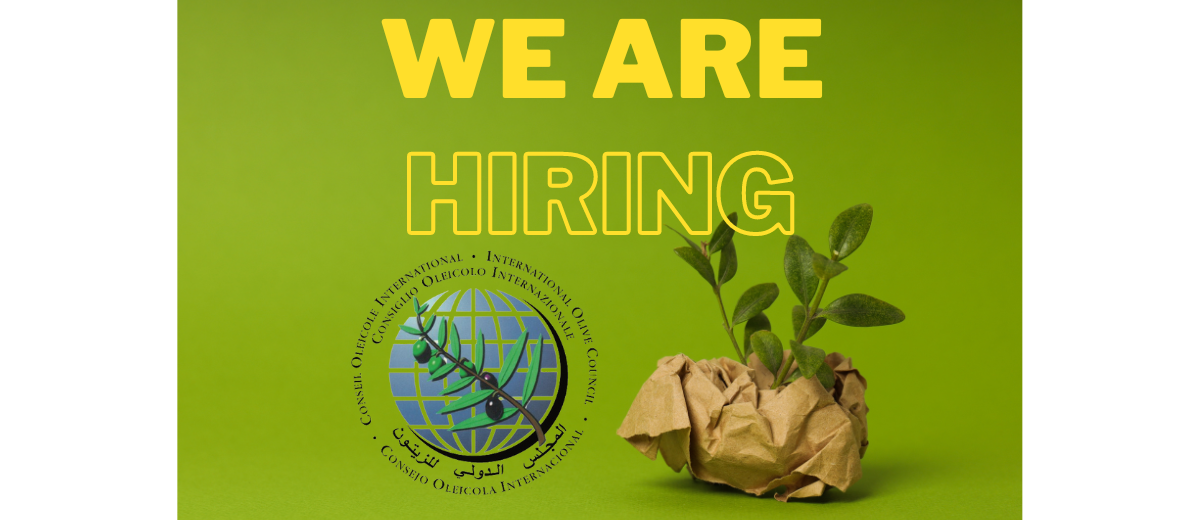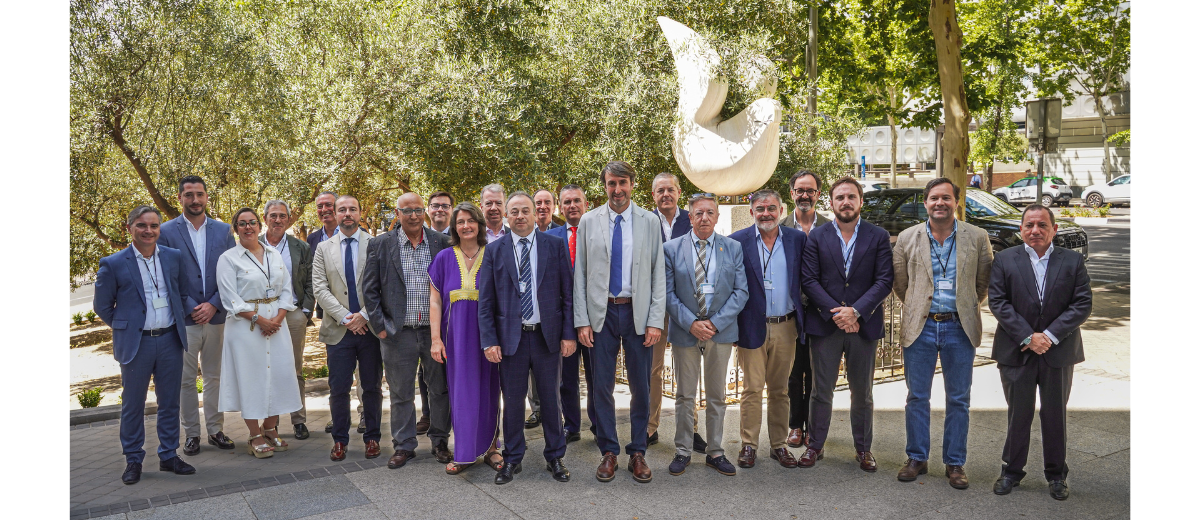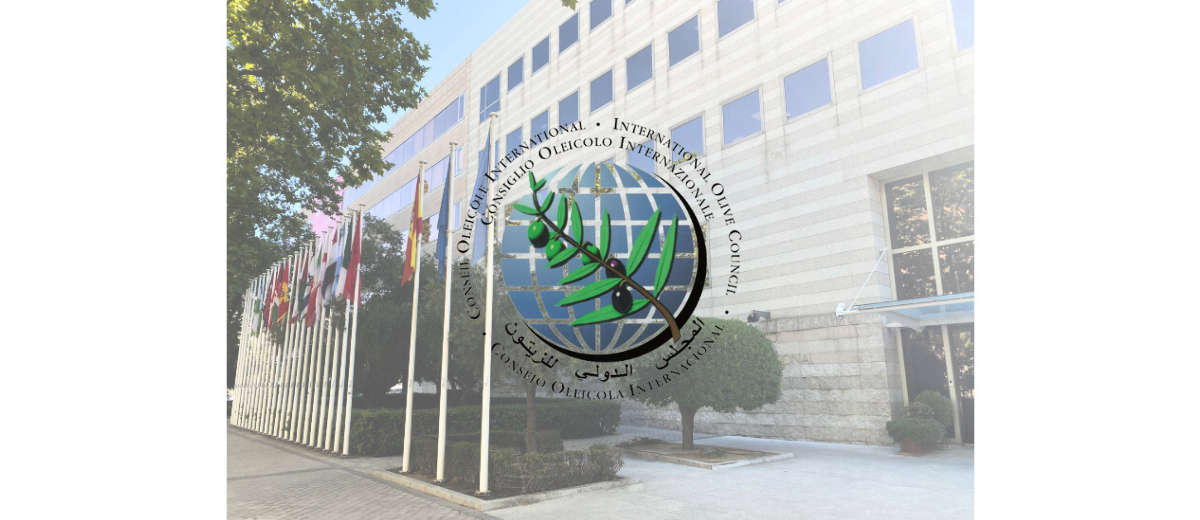Promotion, Technology and Scientific Research
In the wings of the Expoliva International Fair of the Olive Oil and Allied Industries, a roundtable was held on 9 May 2023 with olive oil professionals from Andalusia to discuss the problems facing olive oil producers and the industry as a whole, and to consider possible solutions. The Head of the Promotion Department of the International Olive Council (IOC) Executive Secretariat, Imene Trabelsi, was invited to this meeting centred around technology, science and the environment.
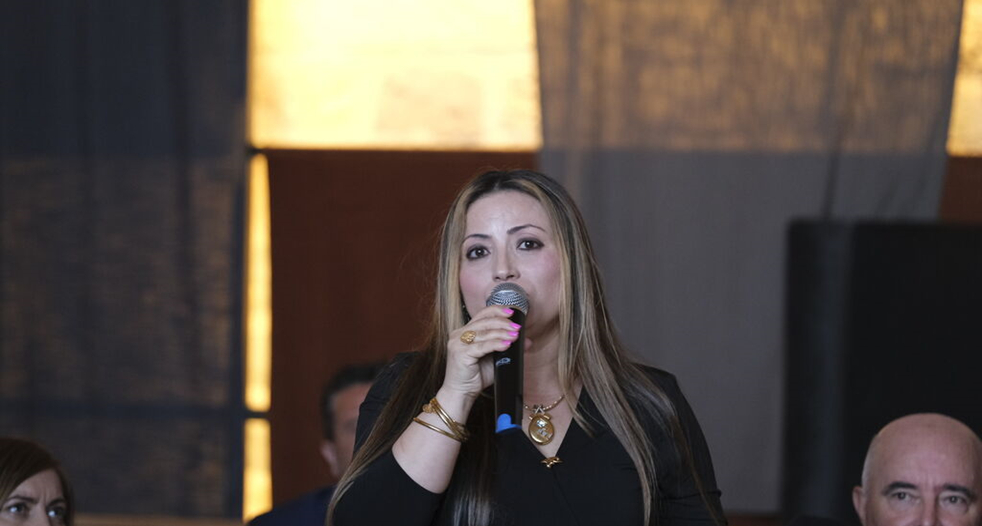
Drought, a drop in production and consumption rates, confusion when it comes to labelling, and rising prices were the main problems discussed during the meeting led by Montse Godoy, director of MG Talent, and by the journalist David Baños.

The aim of this event was precisely to note the opinions of professionals, experts and high officials of the different divisions of the olive sector so as to identify solutions that can be adopted to respond to the challenges and difficulties currently faced by the olive industry.
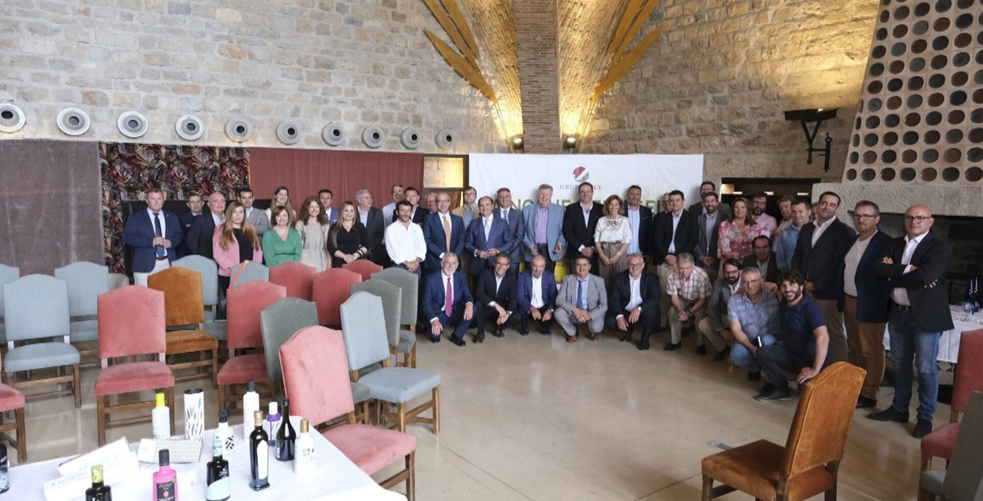
Several solutions were proposed by the meeting participants, mainly centred around the axes of sustainability and the circular economy, the role of cooperatives, technological innovations and scientific research, as well as promotion and marketing strategies.


The Head of the IOC Promotion Department stressed the need to adopt an effective marketing strategy to counteract the problems affecting the entire olive production value chain, pointing out the essential role of this type of action in educating and raising consumer awareness, ensuring a more competitive positioning at national and international levels, and stimulating demand for a product that stands out from other products due to its superior quality (in terms of its nutritional, health and sustainability value).
As a university professor specialised in agri-food marketing, Imene Trabelsi stressed the importance of scientific research and technology transfer in order to boost the sector and achieve the objectives of effectiveness and efficiency targeted by all sector stakeholders. She encouraged the meeting participants to allocate specific and substantial budgets to marketing, in a similar way as to product quality.
Finally, she highlighted the great importance given to this strategic axis by the IOC, in particular by the Executive Director of this intergovernmental organisation, Abdellatif Ghedira, and by the Deputy Executive Director responsible for operational aspects, Jaime Lillo, both of whom are convinced of the need to implement well-considered and targeted promotional actions.
Ms. Trabelsi took this opportunity to explain the different promotional activities designed by the IOC in favour of its member countries, as well as in countries that are not members of the Organisation, while stressing the importance of the IOC’s promotional campaigns to raise consumer awareness of the positive role of olive oil on health and the environment.
Finally, she concluded by highlighting the work of the IOC in ensuring uniformity between the IOC trade standard and the national standards of non-member countries, in order to ensure fair international trade and consumer protection.
The participants of this roundtable showed great interest in this information and expressed their willingness to be informed about future IOC projects in the field of promotion.
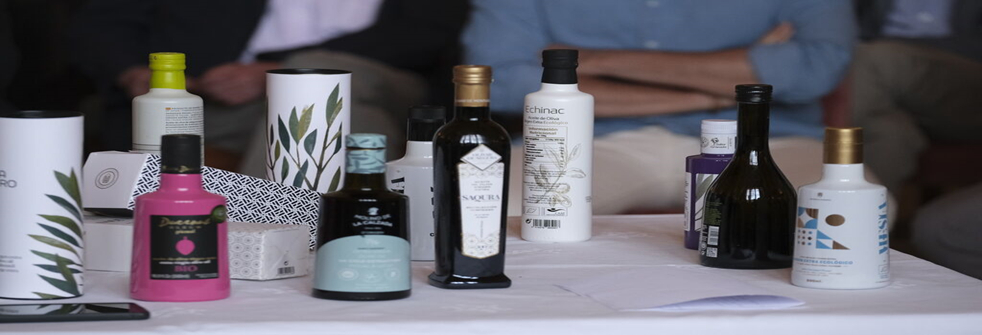
The President of the Diputación de Jaén, Francisco Reyes, also took the opportunity to express his satisfaction at the profound changes in an increasingly competitive olive sector and encouraged the region’s producers to continue improving the quality of their products, insisting that “quality is more important than quantity”.
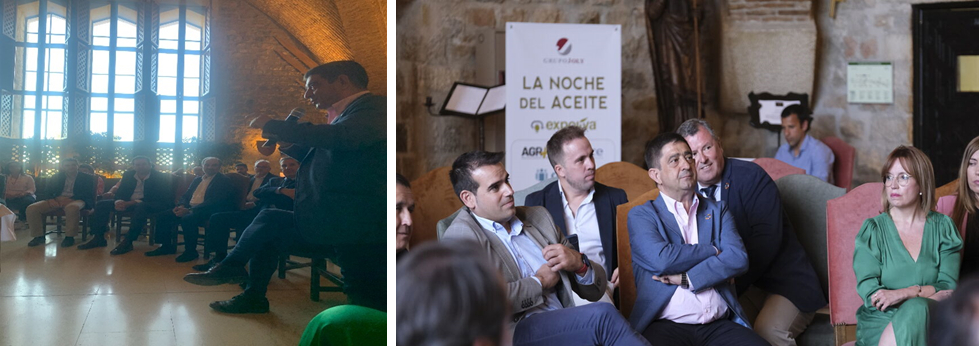
Following the presentations, participants were invited to a blind tasting of four original aperitifs featuring extra virgin olive oils produced from different local varieties.
